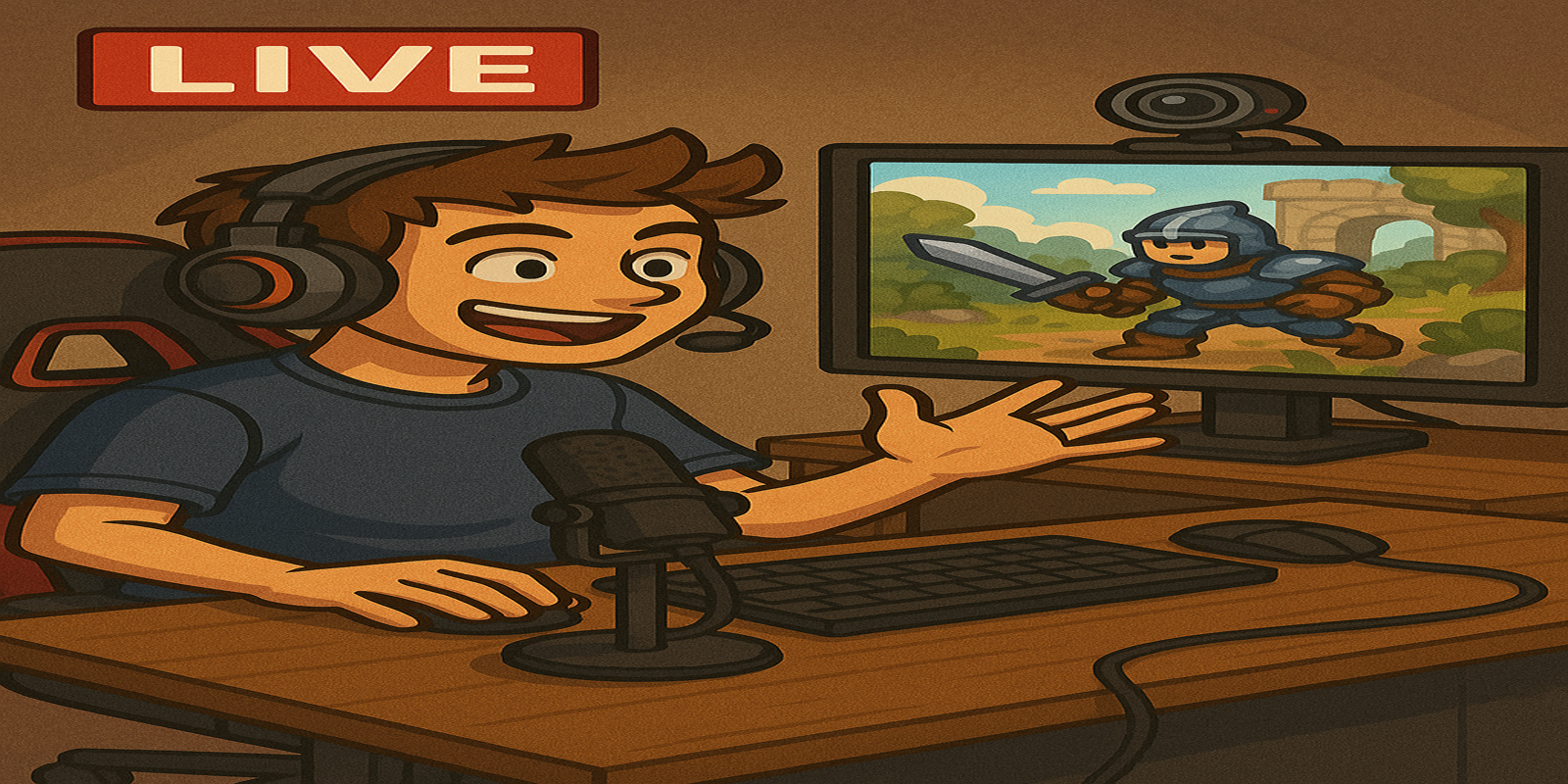The gaming world has exploded far beyond living rooms and LAN parties—today, it thrives on platforms like Twitch, YouTube, and TikTok, powered by a new breed of digital celebrities: game influencers. These streamers and content creators don’t just play games; they shape trends, sway purchasing decisions, and influence the way developers build and market titles. But with so much power in their hands, the question has to be asked: are they helping or hurting the gaming industry?
🎮 The Case for Game Influencers: Fueling Growth
- Instant Exposure
A single stream by a top-tier influencer can turn a little-known indie project into an overnight hit. Games like Among Us and Phasmophobia skyrocketed thanks to creators bringing them to massive audiences. - Community Building
Influencers often cultivate tight-knit fanbases that become communities around the games themselves. For players, it’s more than just playing—it’s about belonging to something bigger. - Direct Feedback Loop
Many developers now monitor influencer streams to see real-time player reactions. This helps improve games faster, making influencers an unexpected extension of the QA process.
⚔️ The Dark Side of Influence
- Overhype & Burnout
The cycle of hype is brutal. Some games blow up fast thanks to influencers, only to fizzle just as quickly when the spotlight moves on—leaving developers struggling and players disillusioned. - Toxicity & Drama
When influencers get caught in controversies or weaponize their platforms, it reflects on the games they play. A title can be unfairly dragged down just by association. - Monetization Over Authenticity
Brand deals, paid promotions, and sponsored content can blur the lines between genuine excitement and marketing. Players often wonder: is this streamer really into the game, or just cashing a check?
🔮 The Future of Gaming Influence
As gaming continues to grow into a multi-billion-dollar industry, influencers aren’t going anywhere. But balance is key. Developers need to manage partnerships carefully, influencers should remain transparent with their audiences, and players need to stay critical and curious.
At their best, game influencers are storytellers, community leaders, and hype machines that push the culture forward. At their worst, they can distort reality and set up games to fail. The truth? They’re both helping and hurting—often at the same time.
✅ Final Thought: The power of gaming influencers isn’t inherently good or bad—it depends on how responsibly creators, developers, and players handle it. In the end, it’s up to us to decide whether influencers build lasting legacies… or just chase the next viral hit.



